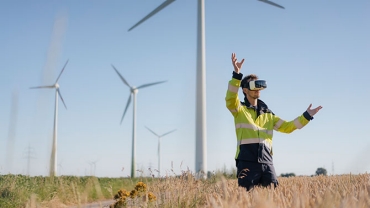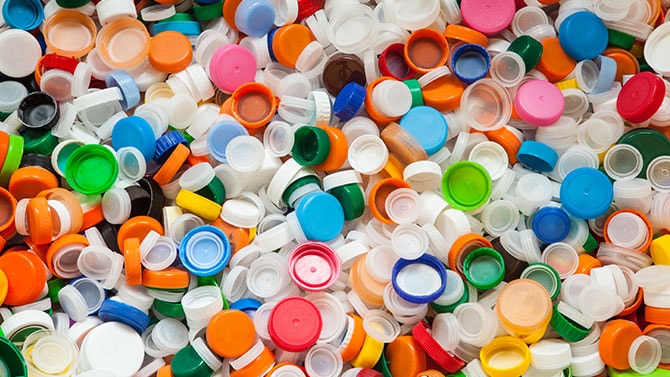
The EU’s plastic waste challenge
12/17/20
Green Deal Monitor
Finding a solution to the plastic problem is not easy. Government intervention is necessary, because the market alone will not solve it. This is one of the conclusions in the latest edition of PwC's Green Deal Monitor.
The use of plastic means a pile of waste
In Europe, only just above thirty percent of the 29.1 million tonnes of plastic waste generated every year is collected for recycling. Instead 43 percent of plastic waste in Europe is incinerated, and one quarter is still being landfilled. A substantial amount of plastics ends up in the sea, and in a business-as-usual scenario, there would be more mass of plastic than of fish by 2025.

The market alone does not solve the plastic problem
The solution to the plastic problem lies in government intervention. The market alone will not solve it. The actual social costs of conventional plastic - climate change and environmental damage - are currently not included in the price of plastics.
This problem is now even more acute because of the historically low price of oil (the raw material for plastic). The measures in the European Green Deal are a first step towards a solution.

A switch to more sustainable use of plastics
From the Green Deal Monitor #5 we draw the following conclusions:
- There are several policy measures that the EU can use to enable a switch to more sustainable (use of) plastics. Current EU legislation is considering several of them but there are more tools in the policy toolbox which the EU could use.
- Plastic waste is the hidden cost of plastics and it affects companies and consumers alike. The price of pollution needs to be priced in order to create a fully functioning market where sustainable plastics can compete with the conventional ones.
- Industry players need to cooperate more closely across value chains in order to overcome the high transaction costs on the market for sustainable plastics.
- Private actors would also need to cooperate with public institutions and government/ the EU. An example is the Circular Plastics Alliance.
- A robust and integrated single market for secondary raw materials, including plastics, will benefit EU companies in the future. The EU has a chance to become a front-runner in the transition to sustainable plastics.
Related content
Contact

Jan Willem Velthuijsen
Energy Transition Economist, PwC Netherlands
Tel: +31 (0)62 248 32 93



















